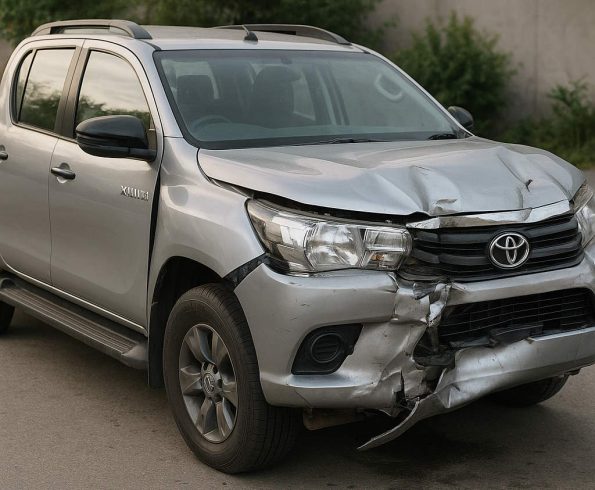Following the rules of the road should be a given. In an ideal world, everyone would be doing so and there would be no accidents. But that is not always the case. Assuming you are a good driver following the rules, these car accident prevention tips will help you minimise the chances of an accident regardless of who is on the road with you.

Every time you get in a car, dozens of factors influence how well you drive, and therefore the risk of an accident. The road conditions, the car you’re driving, the number of other drivers on the road, your mental state and who (if any) passengers you have all play a role.
If the worst does happen and you have to make an accident compensation claim, it is important that you can prove you minimised the risk from all of these factors. Especially if you’re an individual making a claim without a lawyer, where knowing what information and documentation you need is especially important.
Check Your Mental State Before You Get in the Driver’s Seat
Once you’ve passed your test, driving can quickly become part of your daily routine. And therefore almost automatic. But it shouldn’t be. Statistically, driving is potentially dangerous almost wherever you are.
Obviously, you shouldn’t be driving when inebriated or otherwise impaired by alcohol or other drugs.
Outside of that, even stone-cold sober drivers can perform worse if tired, distracted or not in a good mind state.
One recent study found that drivers who sleep eight hours a night and get regular exercise had, on average, 15% to 17% faster reaction times in a simulated test.
Reaction times are crucial as they can turn a potential accident into a thankful near miss. And, in the case of an unavoidable accident, fast reaction times decrease the likelihood of severe injury or car damage.
So, if you want to be a better driver, by way of being one who is less likely to get into accidents, a healthy lifestyle might be the way forward.
In case of having to drive while not in the best mindstate, the following could help decrease your risk of an accident:
- Five minutes of deep breathing, relaxation or meditation before setting out
- A coffee, energy drink, cold shower or other legal way to improve focus and alertness
- Regular rest breaks if driving for long periods
Maintain Your Vehicle to Avoid Unexpected Malfunctions
Statistically, pulling over on the side of a motorway or other busy road because of a breakdown is not very safe. Aside from what is legally required in your state, things that might go wrong with a car while driving and cause a distraction or danger include:
- Blinking dashboard lights, error codes or safety messages
- Failing or flickering lights at night or in bad weather
- Tyre blowouts or punctures
- Brake grinding or even failure
All of the above can cause issues while driving that may lead to accidents. Luckily, they can all be avoided through simple maintenance checks. No mechanical skills required – just a simple check. If something is wrong, and you don’t know how to fix it, you can get someone in to do so.
Checking tire pressures and brake fluid levels, replacing headlight lamps before they fail completely and ensuring you understand what your car is telling you on its screens and dials, can all stop these potential problems before they occur.
Watch Your Parking in Case of Dodgy Drivers
The last one is a simple one, and something you might have heard people joke about. However, research shows that a surprising number of car accidents involve one parked vehicle.
This could happen while a driver is parking themselves, or pulling out of a parking space, or it could involve grazing a parked car that is too far out into the road.
Whatever it is, assuming you’re not the kind of driver to hit a parked car, there are steps you can take when parking to lower the chances of being hit. For example:
- Play it safe with parking spots on busy roads. Just because there is space for your car and you can park like a boss, doesn’t mean other drivers won’t hit you on their way out.
- Better yet, avoid busy parking spots entirely. Take the extra few minutes to find somewhere quieter if possible.
- Even if a spot is quiet, avoid parking just off busy intersections or by tight turns.
- When using a car park, make sure to stop as close to the centre of a bay as possible.
So, whether you’re a new driver or a long-term road warrior who has had one too many near misses, these few easy car accident prevention tips will help you be less likely to get involved in a collision. And if one does happen, hopefully it will be less serious for everyone involved.
